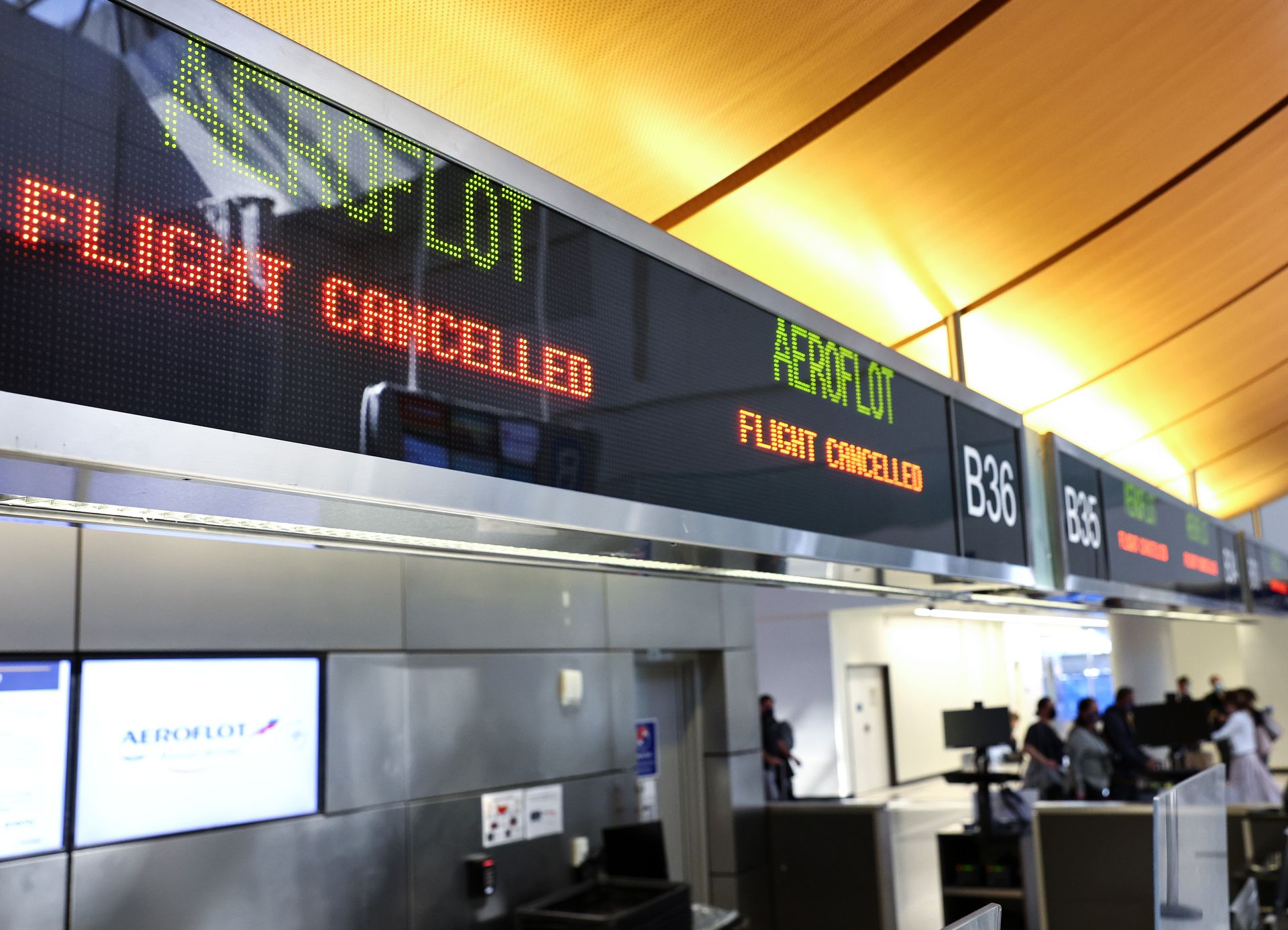T4K3.news
Russian hackers use ISPs to infiltrate embassies
Microsoft warns of a cyber-espionage group targeting diplomatic missions in Moscow through local internet services.

Microsoft issues a warning about Russian hackers infiltrating diplomatic missions in Moscow using local ISPs.
Microsoft reveals Russian hackers targeting embassies through ISPs
Microsoft reports that a Russian cyber-espionage group known as Secret Blizzard is exploiting local internet service providers (ISPs) to launch attacks on diplomatic missions in Moscow. This group, linked to Russia's Federal Security Service (FSB), uses an adversary-in-the-middle technique to deliver malware disguised as antivirus software. They have been redirecting targets to false login portals where victims unknowingly download the malicious software. Once installed, the malware creates a trusted root certificate that enables the hackers to access sensitive information while appearing legitimate to the hacked devices. This campaign poses a significant threat to foreign embassies and governments operating in Russia, especially for those relying on local internet services.
Key Takeaways
"This is the first time Microsoft can confirm Secret Blizzard's capability to conduct espionage at the ISP level."
This highlights the unprecedented level of risk faced by diplomats.
"This campaign poses a high risk to foreign embassies and sensitive organizations in Moscow."
Microsoft emphasizes the enormity of the threat to diplomatic missions.
"Unorthodox cyberspies focused on high-profile targets."
This summarizes the group's unconventional methods and focus.
This revelation from Microsoft underscores the increasing sophistication of cyber-espionage tactics used by state-sponsored hackers. Leveraging local ISPs not only enhances their stealth but also complicates defensive measures for targeted entities. The use of seemingly innocuous malware disguises creates a deceptive environment where malware silently takes control, suggesting that traditional cybersecurity measures may not suffice. Diplomats and organizations must now reassess their cybersecurity strategies, especially amidst growing geopolitical tensions.
Highlights
- Cyber-espionage has taken a local turn.
- Hiding in plain sight, hackers target diplomats.
- When a friendly face becomes a threat.
- Local internet access now a risk for embassies.
Cybersecurity risks from Russian hackers
The ongoing operations by Secret Blizzard present significant risks to diplomatic personnel and organizations relying on local ISPs in Russia, emphasizing the vulnerability of sensitive data and networks.
As threats grow, the landscape of cybersecurity remains a pivotal battleground for global diplomacy.
Enjoyed this? Let your friends know!
Related News

Kremlin Hacking Group Targets Diplomats

Russian cyber group targets embassies in Moscow
Cyberattack cripples Aeroflot operations
Ukraine conducts drone strikes on Russian energy sites

NATO dismantles Russian hacker group linked to cyber attacks

Aeroflot cancels flights after cyberattack

Pro-Ukraine hackers claim cyber-attack on Aeroflot

Chinese hackers targeting Microsoft SharePoint zero-day vulnerability
